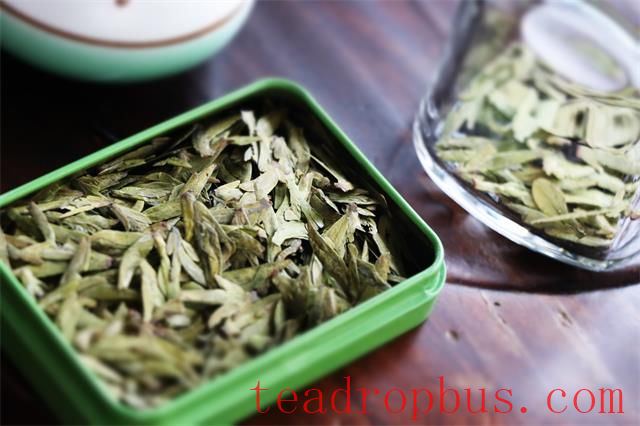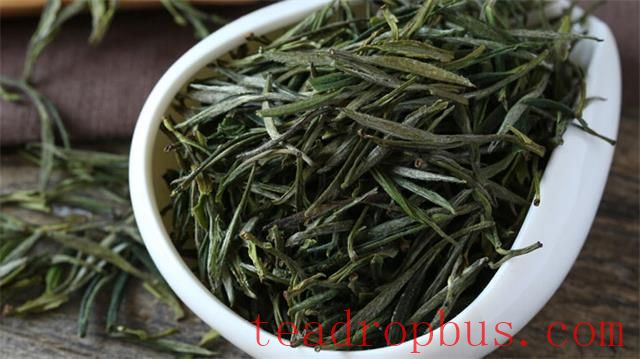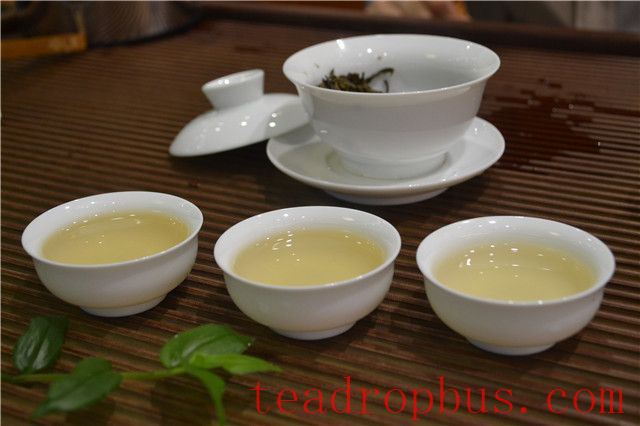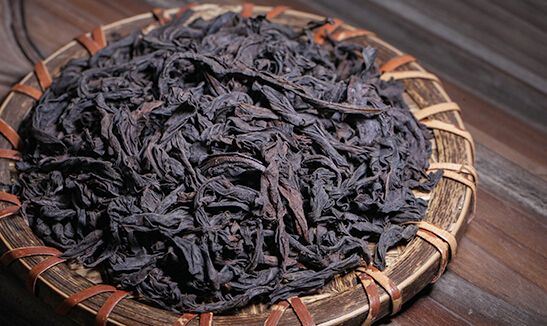Chinese tea culture is extensive and profound. Among the numerous varieties of tea, ten famous teas are particularly esteemed and known as “China's Top Ten Famous Teas.” Today, let us explore the unique charm of these famous teas and savor the rich tea culture that spans thousands of years.
One, Longjing tea
Longjing Tea, produced in the West Lake District of Hangzhou, Zhejiang, is one of the representatives of Chinese green tea. Longjing Tea has a jade-green color, a fresh aroma, a refreshing taste, and a clear liquor. When tasting, first smell its aroma, then observe its color, and finally savor it carefully, feeling as if you're amidst the misty trees of Nine Creeks, experiencing the tranquility and harmony of nature.

Two, Biluochun
Biluochun, produced on Dongting Mountain and Xidongting Mountain in Suzhou, Jiangsu by Taihu Lake, is an excellent green tea. Biluochun tea leaves are curled into snail shapes, have a jade-green color, and a fragrant aroma. When steeped, the leaves gradually unfurl in the water, producing a bright liquor with a mellow flavor. Tasting Biluochun is like feeling the breath of spring, invigorating the spirit and soothing the mind.
Three, Huangshan Maofeng
Huangshan Maofeng, produced in Anhui's Huangshan, is a treasure among Chinese green teas. The Huangshan Maofeng tea leaves are tender and slightly yellowish-green, shaped like sparrow tongues, with a delicate orchid-like fragrance and a mellow taste. What makes Huangshan Maofeng unique is its production process, where each step from picking to withering, rolling, and roasting is meticulously executed. Tasting Huangshan Maofeng feels like standing atop Huangshan, appreciating the grandeur and magnificence of nature.

Four, Tieguanyin
Tieguanyin, produced in Anxi, Fujian, is the representative of Chinese Oolong Tea. Tieguanyin tea leaves are plump and soft, have a sandy-green color, and a rich aroma. When steeped, the leaves roll in the water, producing an orange-yellow liquor with a full-bodied, sweet aftertaste. Tasting Tieguanyin is like feeling the freshness and tranquility of Fujian's tea gardens, captivating the senses.
Five, Wuyi Rock Tea
Wuyi Rock Tea, produced in Wuyi Mountain, Fujian, is the pinnacle of oolong teas. Wuyi Rock Tea has robust, dark-colored leaves and a fragrant aroma. When steeped, the leaves unfold in the water, producing a bright red liquor with a full-bodied flavor. Tasting Wuyi Rock Tea feels like hearing the gurgling streams and birdsong of Wuyi Mountain, experiencing the harmony and beauty of nature.
Six, Pu'er Tea
Pu'er Tea, produced in the Pu'er region of Yunnan, is the representative of Chinese dark tea. Pu'er Tea has thick, sturdy leaves, a brownish-red color, and a distinctive aroma. When steeped, the leaves slowly dissolve in the water, producing a bright, rich red liquor with a full-bodied, sweet aftertaste. Tasting Pu'er Tea feels like experiencing the tropical rainforest atmosphere and the ancient tea culture of Yunnan.

Seven, Duyun Maojian
Duyun Maojian, produced in Duyun, Guizhou, is a precious Chinese green tea. Duyun Maojian tea leaves are fine and curled, have a jade-green color, and a fresh aroma. When steeped, the leaves gracefully descend in the water, producing a clear liquor with a fresh and refreshing taste. Tasting Duyun Maojian feels like experiencing the beauty of Guizhou's mountains and waters and its unique ethnic culture.
Eight, Xinyang Maojian
Xinyang Maojian, produced in Xinyang, Henan, is a gem among Chinese green teas. Xinyang Maojian tea leaves are slender and straight, have a jade-green color, and a refined aroma. When steeped, the leaves unfurl like sparrow tongues in the water, producing a clear liquor with a full-bodied flavor. Tasting Xinyang Maojian feels like experiencing the richness and vastness of Central China.
Nine, Dahongpao
Dahongpao, produced in Wuyi Mountain, Fujian, is the pinnacle of oolong teas. Dahongpao tea leaves are tightly twisted, have a sandy-green color, and a rich aroma. When steeped, the leaves roll and unfurl in the water, producing an orange-yellow liquor with a full-bodied flavor. Tasting Dahongpao feels like experiencing the mystery and legend of Wuyi Mountain.

Ten, Qimen Black Tea
Qimen Black Tea, produced in Qimen County, Anhui, is the representative of Chinese black tea. Qimen Black Tea has fine, dark-colored leaves and a fragrant aroma. When steeped, the leaves gradually dissolve in the water, producing a bright red liquor with a full-bodied flavor. Tasting Qimen Black Tea feels like experiencing the depth and vastness of Huizhou culture.
Each of China's Top Ten Famous Teas has its own unique qualities and flavors. Tasting these famous teas not only allows one to savor the freshness and aroma of the tea but also to experience the vastness and profundity of Chinese tea culture. Let us, in our leisure time, brew a pot of good tea, savor the thousand-year-old tea culture, and feel the beauty and tranquility of life.